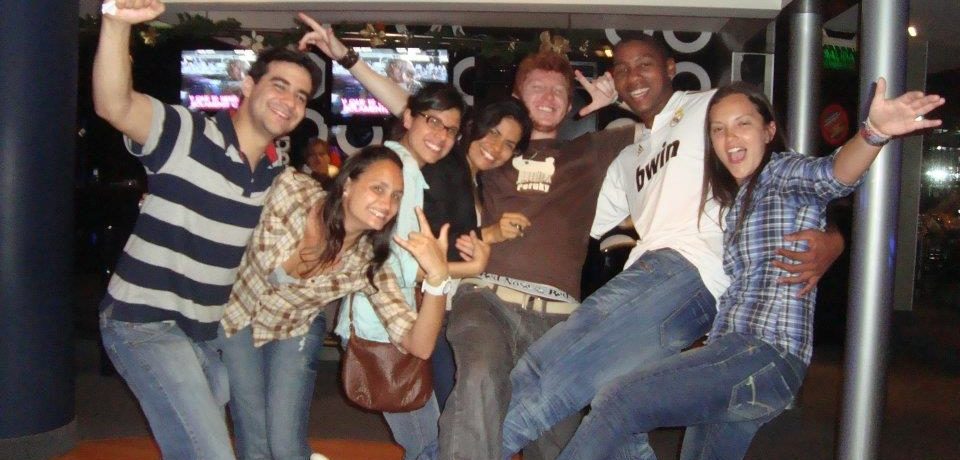What is it like to hire J-1 participants?
A firsthand account from a Greenheart Exchange host organization
I work at a winter sports resort in Portage, Wisconsin. I started here in 1990 and have seen many changes throughout the years. One of the major changes both here at the organization, and for me personally, has been learning about the Summer Work Travel program sponsored by the U.S. Department of State. This program began in 1962 with the intention of fostering cultural understanding by bringing university students from other countries to the U.S. to work during their summer break.
My first concept and understanding of “country” came at school when I was ten years old and we had a world map posted on the classroom wall. Every week, we were given articles about events happening around the world. We would then have to take one of those stories, expand on it, and do a presentation in front of the classroom. I distinctly remember reading about an archeological dig in Greece that fascinated me so much I wanted to do my own “digs” (and would still love to do that)! I learned even more about countries and identities when I got to graduate school. My graduate school was an international school, and we usually had more students from other countries on campus than from the United States. I had the opportunity to pursue an internship in Chile, and that was a great learning experience.
In 1997, we had the first international employees at our resort– snowmakers from New Zealand. Several of these young men returned for the 1998-1999 season to help with the snowmaking again. In 1999, we learned about the Summer Work Travel program and hired our first J-1 participants for the 1999-2000 season. Our participants have come from South and Central America, South Africa and even sometimes from Australia, New Zealand or Asia.
These international participants become key employees for our organization, especially during the middle of the week when our local high school and college students are usually not available, except during the holiday break. We have found that most of our J-1 participants are enthusiastic about working, will arrive on time, and when they are scheduled. They usually have a positive attitude, smile, greet our guests, and make friends with their local co-workers as well as with each other. Often they leave here with friends for life.
Working with J-1 participants can be challenging at times, and even occasionally frustrating – largely because of language barriers; however, working with J-1 participants is also very rewarding. My favorite part of working here is the work I do with them. I am their main contact and many look on me as their “United States mom”, though I tell them it is more like I am their “United States grandma”! From being involved in the hiring process, to a lot of email contact until arrival and then finally meeting them at the train when they arrive, it makes for full time commitment. Of course there is a lot of paperwork involved, and unexpected things that arise – such as heading to the health clinic, to the bank to set up accounts, and to the Social Security Office to apply for their cards. However, this commitment provides the opportunity to get to know a little more about each participant, form new relationships, and for them to learn more about the community and working in the organization.
Every year we have participants who want to return for the next season, and I think this speaks volumes both for our organization and for the Summer Work Travel program as a whole. It is indicative that the program truly is successful in fostering intercultural understanding. The little bit that I can do to help in this endeavor is a serious personal goal!
This article was originally published in 2018 by Kathy McManamy, Greenheart Exchange Host Organization
Do you want to bring the world to your workplace and foster intercultural understanding? Inquire today about the possibility of hiring J-1 participants with Greenheart Exchange!
